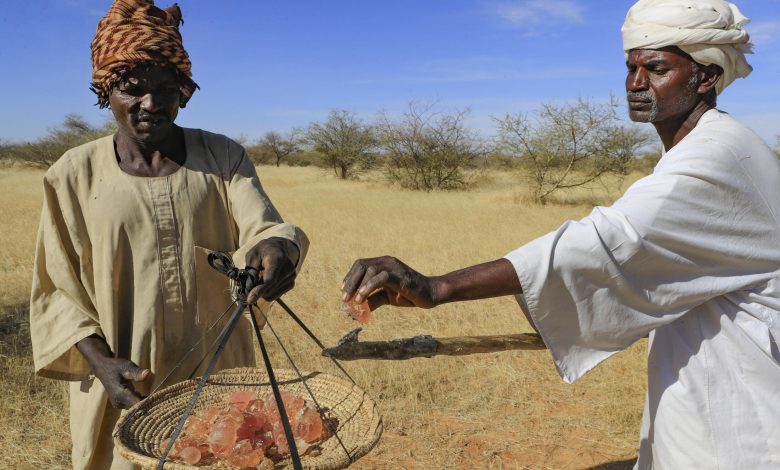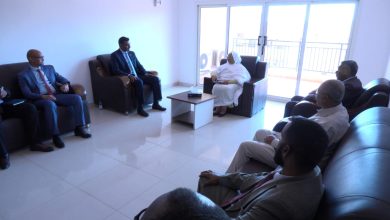Economic
Calls to Address Gum Arabic Issues

Sudan Events – Reports
Ahmed Al-Tayeb Abdullah, head of the Gum Arabic Exporters’ Association, called on the government to address the issues facing the gum arabic sector, describing it as a strategic commodity. He emphasized the need to restructure work organizations and associations to enable the sector to function effectively and stimulate the economy.
In a press briefing, he noted that the sector has been severely affected by the war due to insecurity in most production areas controlled by the Rapid Support Forces militia, as well as the looting of products and the imposition of high fees by the rebels. This has impacted exports, with only 40,000 tons exported last year compared to 150,000 tons in previous years.
He explained that gum arabic exports dropped by 40%, with the average annual export ranging from 120,000 to 150,000 tons. However, this year it increased by 60% due to improved security in production areas and an abundant supply compared to last year. He mentioned that the price of a ton of Hashab gum was previously $2,200, while Talh gum was over $900. This year, the price of Hashab gum increased to $3,300-$4,000 per ton, while Talh gum rose to $1,600-$1,700 per ton.
The sector faces challenges such as declining capital due to inflation and rising product prices. Last year, the price of a quintal of Hashab gum ranged between 12,000-15,000 pounds, but it has now reached 40,000 pounds per quintal, while Talh gum ranges between 35,000-85,000 pounds.
Al-Tayeb emphasized that gum arabic is a strategic commodity capable of improving Sudan’s international relations and contributing to the economy. He noted that six global companies control the gum arabic market and operate under a unified vision to achieve their interests with significant budgets. He argued that the private sector alone cannot break this cartel without government support.
He stated that the sector needs organization, with a supply chain extending from producers and small traders in villages to major exchanges in Al-Nahud, Al-Obeid, and Al-Gadarif, including taxes, forests, customs, standards, chambers of commerce, and exporters. He highlighted the importance of having a unified gum arabic policy.



